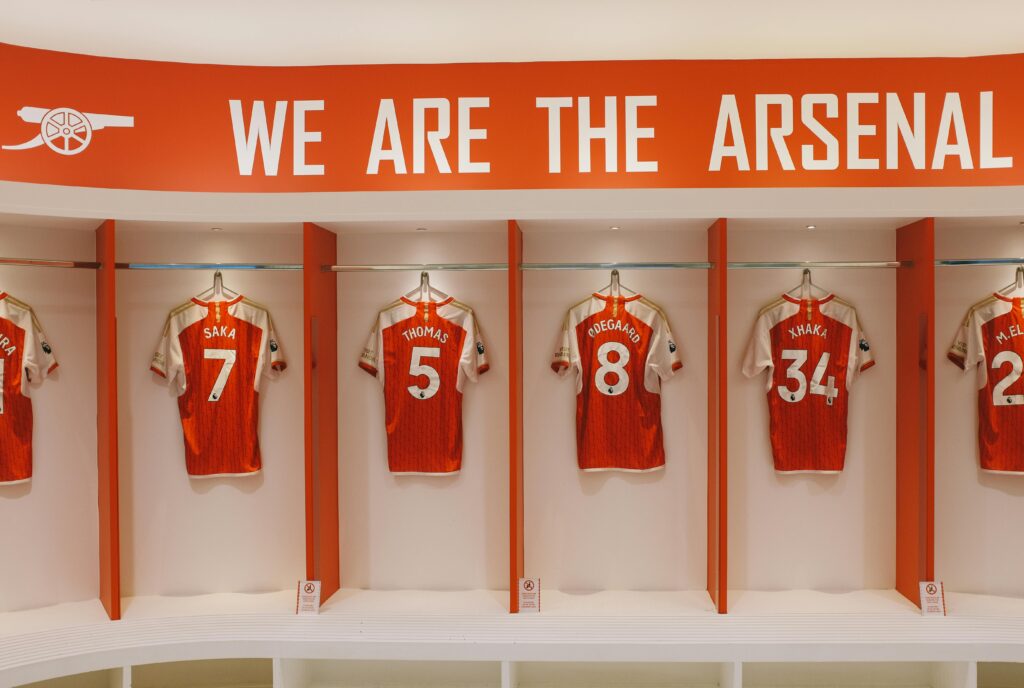Most thieves wear Arsenal jerseys, Malawi study reveals

#TheDriveWithSkrypt
A fascinating study from Malawi, titled “Jerseys of Crime,” has explored a curious connection: the prevalence of Arsenal jerseys among individuals arrested for theft. Researcher John Hatman led the study, which aimed to understand if this phenomenon was specific to Arsenal fans or a broader trend across different football fan bases. The study doesn’t suggest all Arsenal fans are thieves, but rather investigates a potential link between fandom and criminal activity.
The core question the study posed was whether the visibility of Arsenal jerseys in crime statistics was a mere coincidence or indicative of a deeper social dynamic. It’s important to stress that the study isn’t about stereotyping fans of a particular club. Instead, it’s a look into how cultural symbols, like football jerseys, can intersect with social issues.
The study also referenced an incident in Uganda, where eight Arsenal supporters were arrested for an unauthorized victory parade. While one of them was found to have an outstanding warrant for embezzlement, authorities clarified that his arrest was unrelated to his football allegiance. This incident, however, highlights the complex ways in which football fandom can become entangled with legal matters, even if the connection is superficial.

The findings have sparked debate among football fans and analysts, raising questions about whether there’s a genuine social trend or simply a coincidence between wearing Arsenal jerseys and engaging in criminal behavior. It’s a thought-provoking look at the sociology of football fandom and its potential, albeit perhaps coincidental, links to other aspects of life.
One of the key points to consider is the visibility of certain football jerseys in specific communities. Arsenal, being a globally popular club, likely has a significant fan base in Malawi. This could statistically increase the chances of their jerseys appearing in any sample of the population, including those involved in crime.

Furthermore, the study raises broader questions about the socio-economic factors that might contribute to crime in certain areas. It’s possible that individuals from disadvantaged backgrounds, who might also be more likely to engage in petty theft, are drawn to the symbolism of a successful and globally recognized football club like Arsenal.
Tuhafeni Nghipumwa, an Arsenal fan from Namibia called the entire study ‘nonsense’ as he claims Arsenal fans are an easy target for those jealous of the team’s performances. Here is what Tuhafeni had to say:
It’s also important to consider the potential for confirmation bias. If law enforcement or community members are already aware of a perceived connection between Arsenal jerseys and crime, they might be more likely to notice and remember instances where this connection appears to hold true.
Ultimately, the “Jerseys of Crime” study serves as a reminder that even seemingly innocuous cultural symbols can become entangled in complex social narratives. It highlights the importance of critical thinking and avoiding generalizations, while also prompting us to consider the underlying factors that contribute to crime and social inequality.
Skrypt had his own thoughts on Arsenal as a whole, listen here:
Tune in to www.99fm.com.na for more.